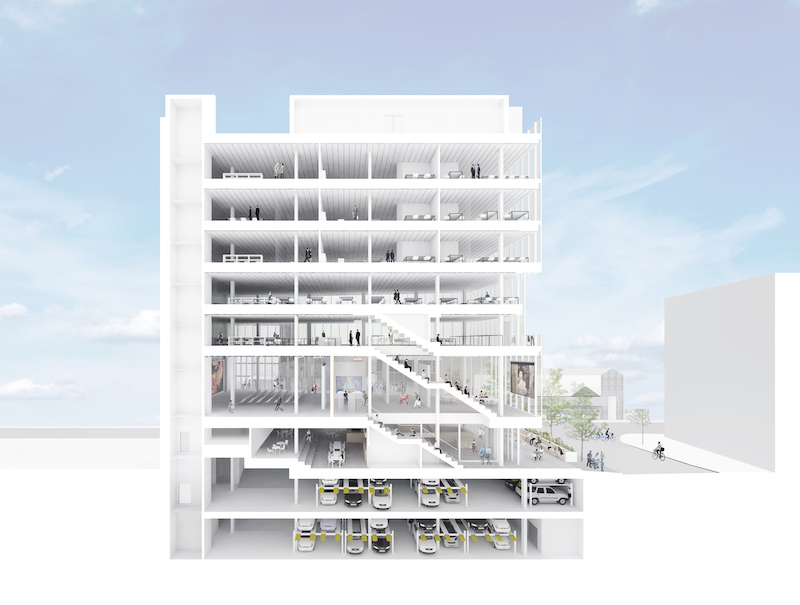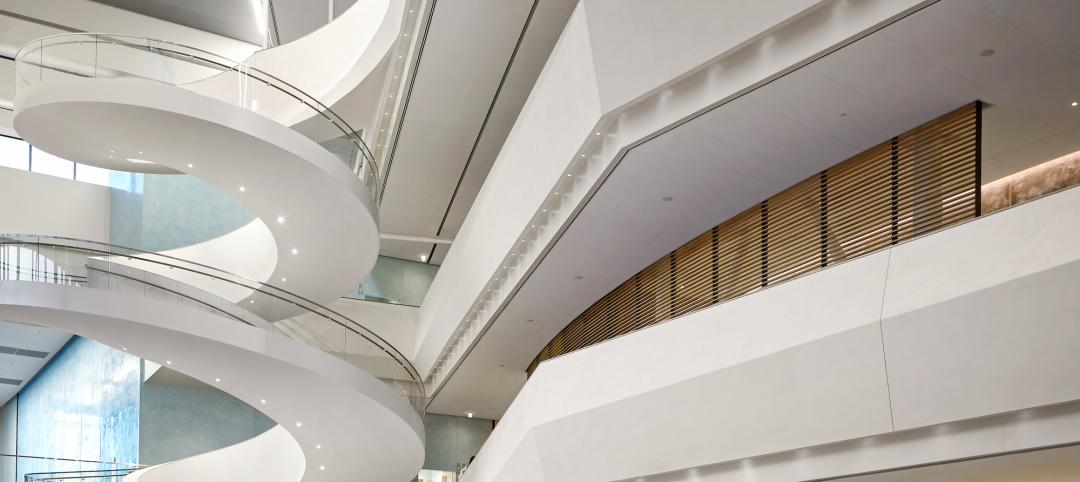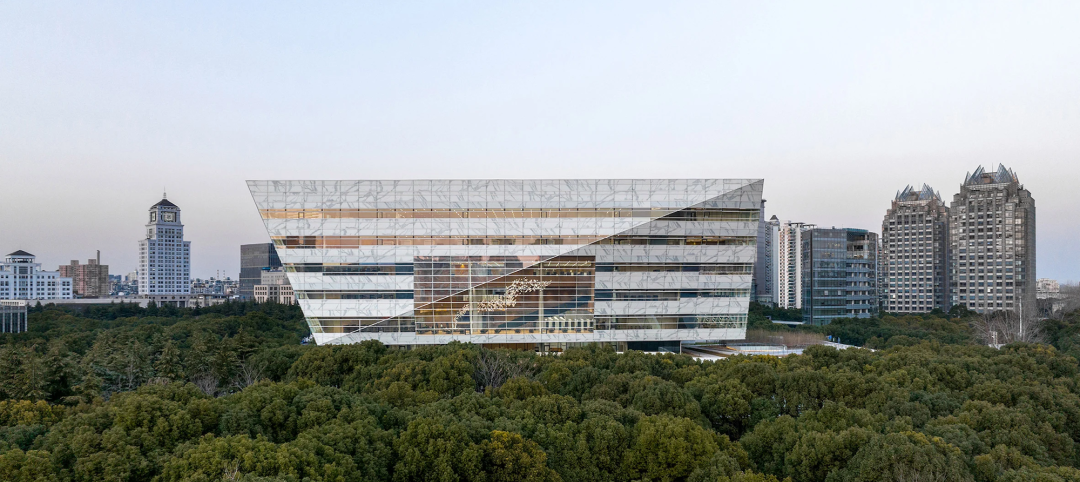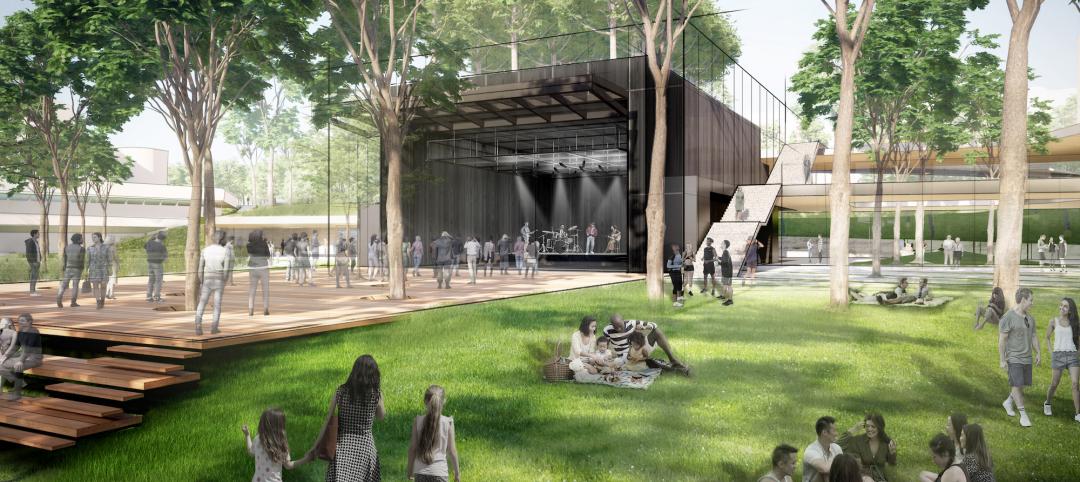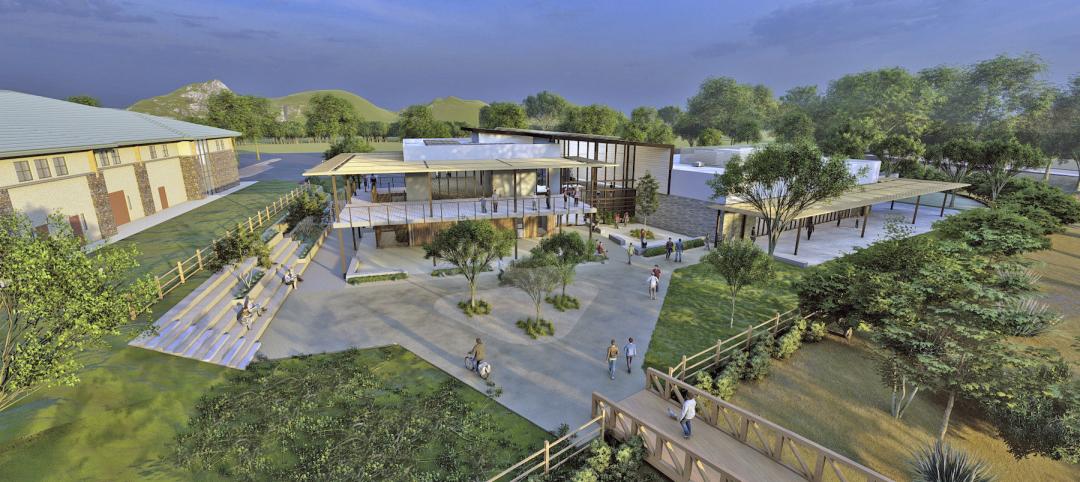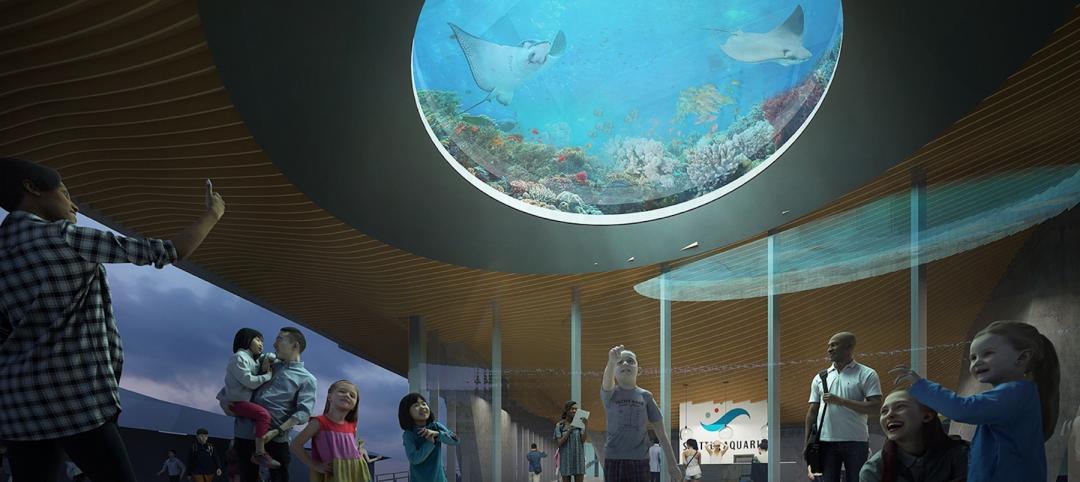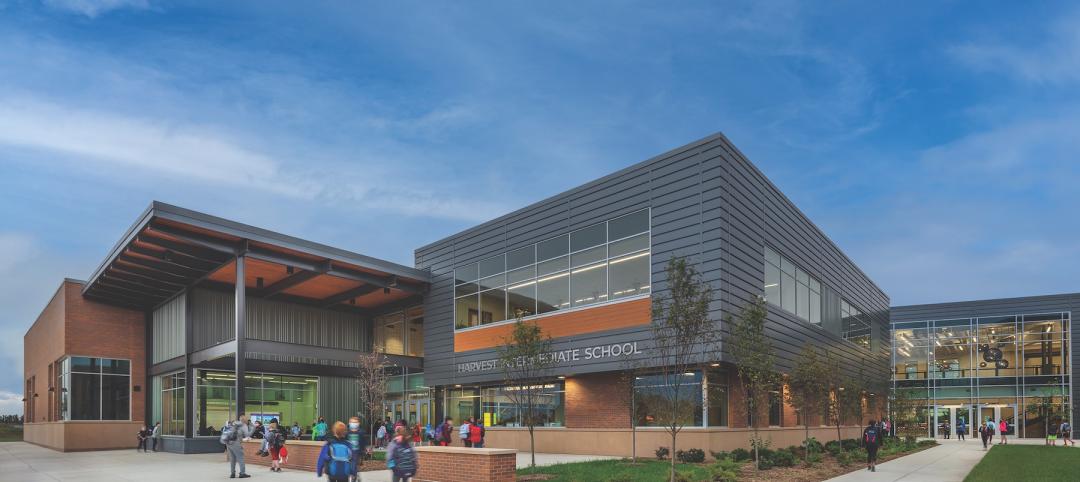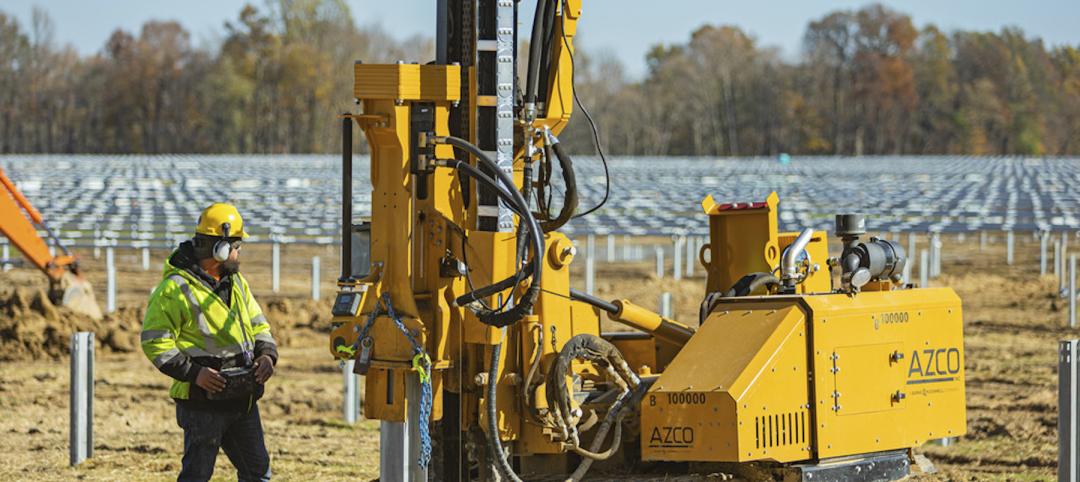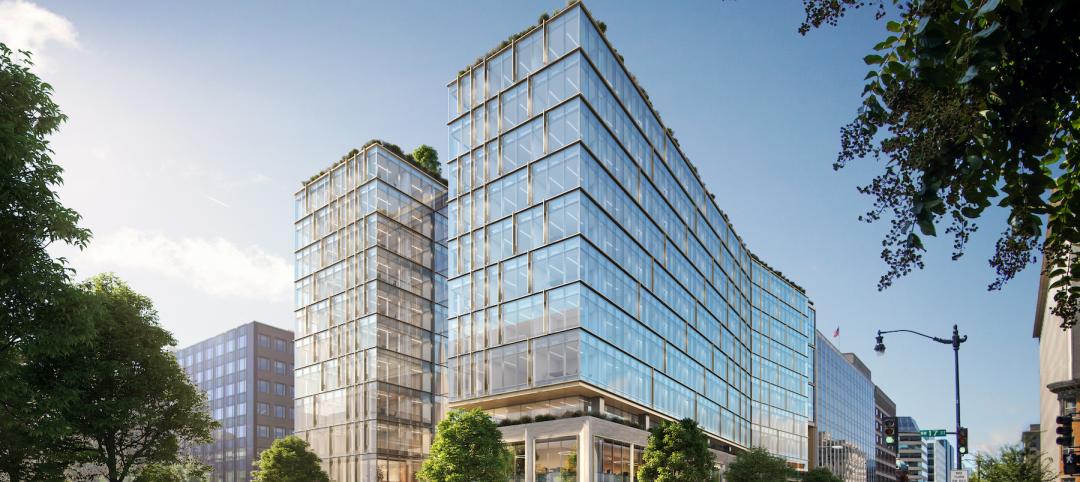Hartford, Conn.-based JCJ Architecture traces its roots to 1936, when the U.S. was just coming out of an economic depression and its unemployment rate was still 14%. In 2021, with the country trying to recover economically from the impact of the coronavirus, and with questions about social inequity entering the public debate as rarely before, JCJ has focused its design work on projects and clients that are committed to social responsibility and advocacy, particularly for underserved or marginalized communities.
The firm that is 100% owned by its 120-plus employees, JCJ has a “long history” of designing buildings for people in need, says Peter Bachmann, a Principal. Over the years, that work has included senior living, public schools, and working with Native American tribes. More recently, a “natural progression” for the firm, says Bachmann, has been to seek design work that benefits immigrants and people with disabilities.
PROJECTS THAT WILL LEND HELP TO MARGINALIZED
Bachmann points to three projects in various stages of development that he says illustrate his firm’s commitment:
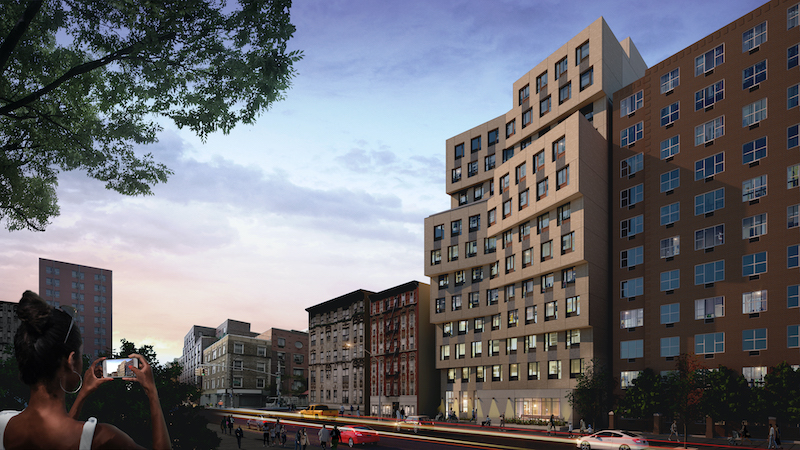 A rendering of the Freedom Village that would provide housing for the physically disabled adults.
A rendering of the Freedom Village that would provide housing for the physically disabled adults.
• JCJ has been working with Barrier Free Living, which provides emergency shelter for victims of domestic violence, to design a “Freedom Village” on the Lower East Side of Manhattan that will provide temporary and supportive housing for adults with significant physical disabilities. The construction documents have been completed for this project, whose construction could get started this summer, Bachmann says.
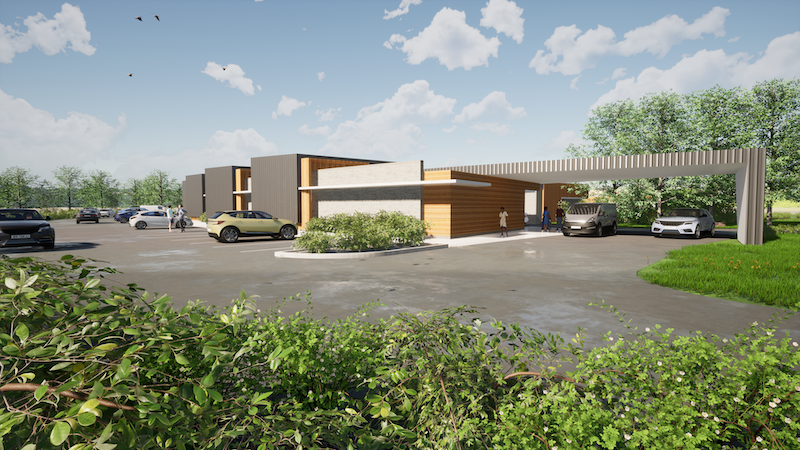 Ohio intends to roll out 10 Adult Advocacy Centers for which JCJ designed the prototype.
Ohio intends to roll out 10 Adult Advocacy Centers for which JCJ designed the prototype.
• The construction documents are also ready for a prototype facility JCJ designed for Adult Advocacy Centers, a disability victim services agency. The resulting building would be the first of its kind to serve adult crime victims with disabilities. The prototype—part of a 10-center rollout in Ohio that’s been on hold because of the COVID 19 outbreak—is composed of five pods, each strategically designed to support different categories of disability: hearing and visual impairments, mental illness, physical mobility, and clients in crisis or with intensive medical needs.
Bachmann spoke of “trauma-informed design” that, in the prototype, accounts for residents’ psychological sensitivity to light, sound, and movement. For example, the single-story building’s windows are above eye level so that residents aren’t startled by people they might see on the street. The design also avoids skylights so that birds flying overhead don’t alarm fragile residents.
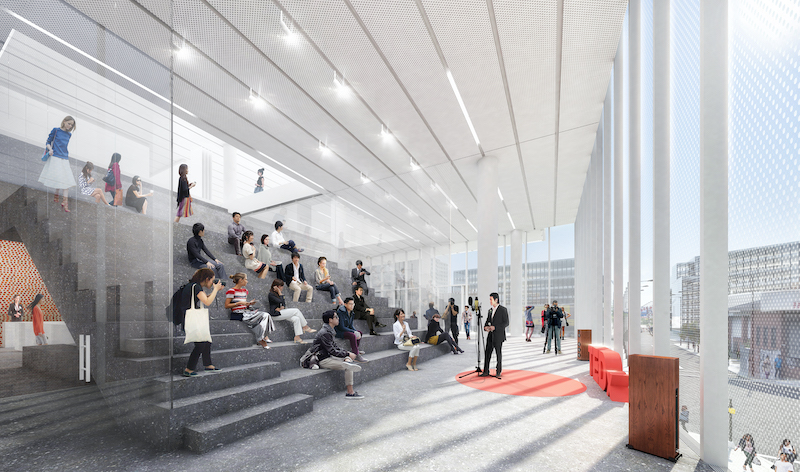 The Center for Community & Entrepreneurship will include a first-floor incubation space.
The Center for Community & Entrepreneurship will include a first-floor incubation space.
• The Asian Americans for Equality has enlisted JCJ to design its Center for Community & Entrepreneurship, a 65,000-sf, four-story building in Flushing, Queens, the New York borough with the city’s largest Asian population. The Center’s first floor will include incubator space for startup businesses and a mini food hall. The upper three floors will provide casual and formal meeting and training rooms. The goal of this building—whose construction docs are completed—is to provide spaces that support individual interaction, community events, retail and office opportunities, and a social services hub.
LOCAL SUPPORT, IN DIFFERENT WAYS
Bachmann says that community involvement has been central to the success of these projects. “We can never presume to know the skin that someone is living in,” he explains. “We don’t just come in and tell clients what to do. We support social change by giving different populations a voice in the design of facilities. We listen and try to ask the right questions.”
JCJ is involved in its communities in other ways, too. It is a supporter of the ACE Mentor program, which educates high school students about AEC careers. Each of the firm’s offices also makes cash donations local charities.
On a personal level, Bachmann says he’s gained “a better understanding” about how design can impact people in need from his 31-year-old daughter Maya, who is intellectually disabled.
Related Stories
Giants 400 | Feb 1, 2023
2022 Cultural Facilities Giants: Top architecture, engineering, and construction firms in the U.S. cultural facilities sector
Populous, DLR Group, KPFF, Arup, and Turner Construction head BD+C's rankings of the nation's largest cultural facilities sector architecture, engineering, and construction firms, as reported in the 2022 Giants 400 Report. Building types include museums, public libraries, performing arts centers, and concert venues.
Libraries | Jan 13, 2023
One of the world’s largest new libraries opens in Shanghai
Designed by Schmidt Hammer Lassen Architects, Shanghai Library East covers more than 1.2 million sf, 80% of it dedicated to community activity.
Performing Arts Centers | Dec 23, 2022
Diller Scofidio + Renfro's renovation of Dallas theater to be ‘faithful reinterpretation’ of Frank Lloyd Wright design
Diller Scofidio + Renfro recently presented plans to restore the Kalita Humphreys Theater at the Dallas Theater Center (DTC) in Dallas. Originally designed by Frank Lloyd Wright, this theater is the only freestanding theater in Wright’s body of work.
Sports and Recreational Facilities | Dec 15, 2022
Community centers reinforce a town or city’s sense of place
The intersection of a community with its natural surroundings is one key to a successful design of community centers, according to a new 24-page paper titled “Creating a Wellness Culture,” about the benefits of this building type, cowritten by HMC Architects’ Civic Practice Leader Kyle Peterson, and Director of Design James Krueger, who used three of their firm’s recent projects to buttress their thesis.
Museums | Oct 25, 2022
Seattle Aquarium’s new Ocean Pavilion emphasizes human connection to oceans
Seattle Aquarium’s new Ocean Pavilion, currently under construction, features several exhibits that examine the human connection with the Earth’s oceans.
Giants 400 | Aug 22, 2022
Top 90 Construction Management Firms for 2022
CBRE, Alfa Tech, Jacobs, and Hill International head the rankings of the nation's largest construction management (as agent) and program/project management firms for nonresidential and multifamily buildings work, as reported in Building Design+Construction's 2022 Giants 400 Report.
Giants 400 | Aug 22, 2022
Top 200 Contractors for 2022
Turner Construction, STO Building Group, Whiting-Turner, and DPR Construction top the ranking of the nation's largest general contractors, CM at risk firms, and design-builders for nonresidential buildings and multifamily buildings work, as reported in Building Design+Construction's 2022 Giants 400 Report.
Giants 400 | Aug 22, 2022
Top 45 Engineering Architecture Firms for 2022
Jacobs, AECOM, WSP, and Burns & McDonnell top the rankings of the nation's largest engineering architecture (EA) firms for nonresidential buildings and multifamily buildings work, as reported in Building Design+Construction's 2022 Giants 400 Report.
Giants 400 | Aug 22, 2022
Top 80 Engineering Firms for 2022
Kimley-Horn, Tetra Tech, Langan, and NV5 head the rankings of the nation's largest engineering firms for nonresidential buildings and multifamily buildings work, as reported in Building Design+Construction's 2022 Giants 400 Report.
Giants 400 | Aug 21, 2022
Top 110 Architecture/Engineering Firms for 2022
Stantec, HDR, HOK, and Skidmore, Owings & Merrill top the rankings of the nation's largest architecture engineering (AE) firms for nonresidential and multifamily buildings work, as reported in Building Design+Construction's 2022 Giants 400 Report.


